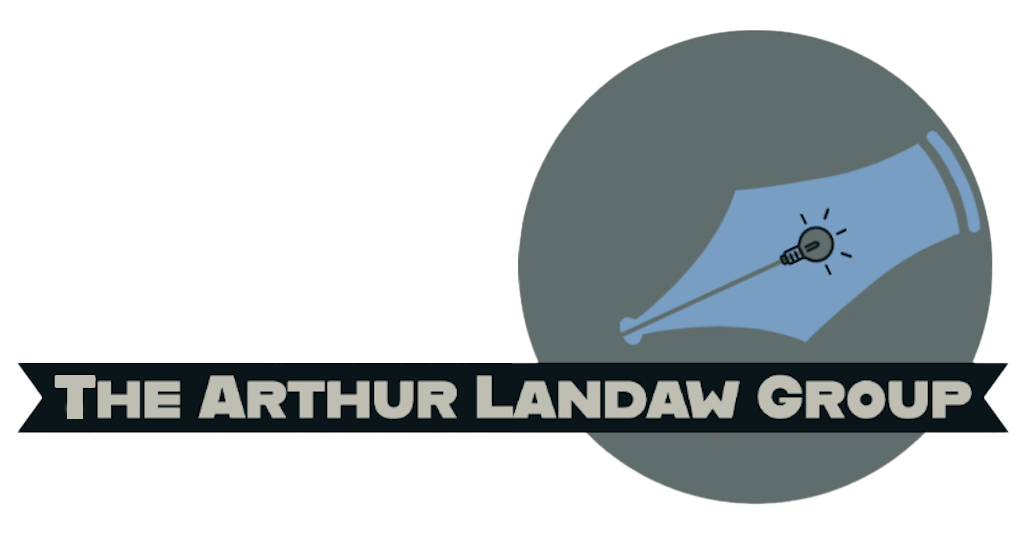Harnessing the Power of Figma: Streamlining Business Website Design for Success
An Overview
A visually appealing and user-friendly website is essential for businesses in today's competitive digital market. Here comes Figma, a groundbreaking design tool that completely alters how websites are created. In this in-depth article, we'll look into how Figma can help companies build remarkable websites. We will explore the many ways in which Figma may help online businesses succeed, from its accelerated design process to its real-time collaboration and developer handoff.
The Figma Primer
Figma, a web-based UI editor, has seen tremendous growth in its user base among both designers and corporations. It is the standard for website development because of its user-friendly interface and robust set of features. Whether you're a seasoned designer or just starting out, Figma can help you be more productive and creative. Figma is a cloud-based platform that facilitates efficient workflows and quick project completion by removing the need for cumbersome installations and enabling seamless collaboration among team members.
Reduced Time to Market
For creative types, Figma's workflow is a pipe dream come true. Its vector-based editing capabilities allow for the production of designs that are pixel-perfect, guaranteeing accuracy and uniformity across devices and screen sizes. Auto-layout and other capabilities make it easy for designers to modify and iterate designs for a variety of layouts. Designers may save time and effort with Figma's huge library of pre-built UI components, allowing them to rapidly prototype and iterate designs.
Cooperative Work in Real Time
Figma's strength is in its ability to facilitate collaboration between members of a team. Projects can be worked on in real time by multiple designers and stakeholders who can make changes, provide feedback, and make suggestions for enhancements all at once. This ensures effective communication and decision-making without the need for constant emailing or file-sharing. Figma's version history function acts as a safety net, letting users simply look back on past revisions and monitor development.
Library of Systems and Components Design
Figma provides design system and component library features for organizations seeking to maintain consistent branding and appearance across their website. Colors, fonts, and icons, among other design components, can be easily accessed and reused thanks to design systems. In order to maintain a consistent visual identity and save time during the design process, organizations should implement a design system. With Figma, designers can build and distribute libraries of reusable components, ensuring that all parts of the site look and function the same.
User Research and Prototyping
Figma's prototype features allow designers to add animations and interactions to their otherwise static ideas. This enables companies to model user processes and design compelling user experiences. Users and other interested parties can provide feedback and test prototypes by using them. With Figma's commenting tool, stakeholders may provide feedback immediately on the design, resulting in enhanced and user-centric website designs.
Technical Transfer
Figma streamlines the handoff between designers and developers by allowing the former to access the latter's design specs and assets without leaving the former's workspace. Without having to guess or have a communication gap, developers can now evaluate design elements, retrieve CSS properties, and download assets. This smooth transition saves time and effort for both designers and developers by guaranteeing that the original design intent is carried out.
Final Thoughts
Figma has become an invaluable resource for companies embarking on web design projects. It's a must-have tool thanks to its streamlined design process, real-time collaboration features, design system support, prototype tools, and developer handoff capabilities. Using Figma, enterprises can build attention-grabbing, highly functioning websites with ease.



